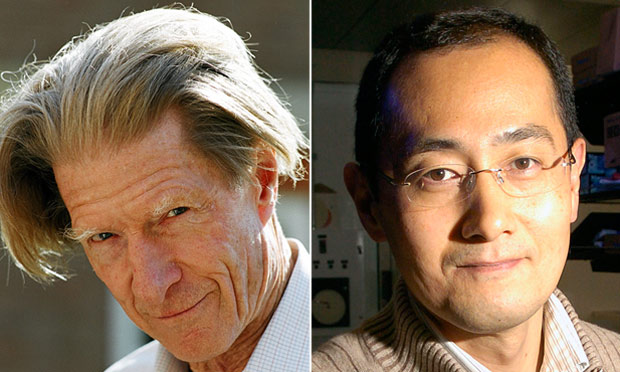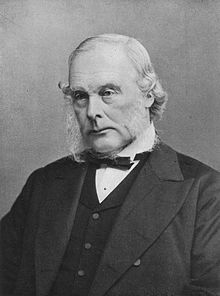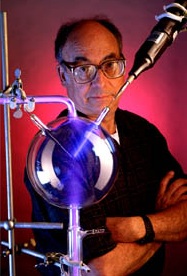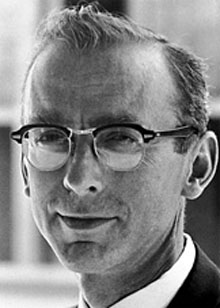Two pioneers of stem cell research have shared the
Nobel Prize for medicine or physiology
 John Gurdon from the UK and Shinya Yamanaka from
Japan were awarded the prize for changing adult cells into stem cells, which
can become any other type of cell in the body.
John Gurdon from the UK and Shinya Yamanaka from
Japan were awarded the prize for changing adult cells into stem cells, which
can become any other type of cell in the body.
 John Gurdon from the UK and Shinya Yamanaka from
Japan were awarded the prize for changing adult cells into stem cells, which
can become any other type of cell in the body.
John Gurdon from the UK and Shinya Yamanaka from
Japan were awarded the prize for changing adult cells into stem cells, which
can become any other type of cell in the body.
Prof Gurdon used a gut sample to clone frogs and Prof
Yamanaka altered genes to reprogramme cells.
It had been though to be a one-way process - once a
cell had become specialised it could not change its fate.
In 1962, John Gurdon showed that the genetic
information inside a cell taken from the intestines of a frog contained all the
information needed to create a whole new frog. He took the genetic information
and placed it inside a frog egg. The resulting clone developed into a normal
tadpole.
Forty years later Shinya Yamanaka used a different
approach. Rather than transferring the genetic information into an egg, he
reset it.
He added four genes to skin cells which transformed
them into stem cells, which in turn could become specialised cells.
The discoveries of Gurdon and Yamanaka have shown
that specialized cells can turn back the developmental clock under certain
circumstances.
These discoveries have also provided new tools for
scientists around the world and led to remarkable progress in many areas of
medicine.








